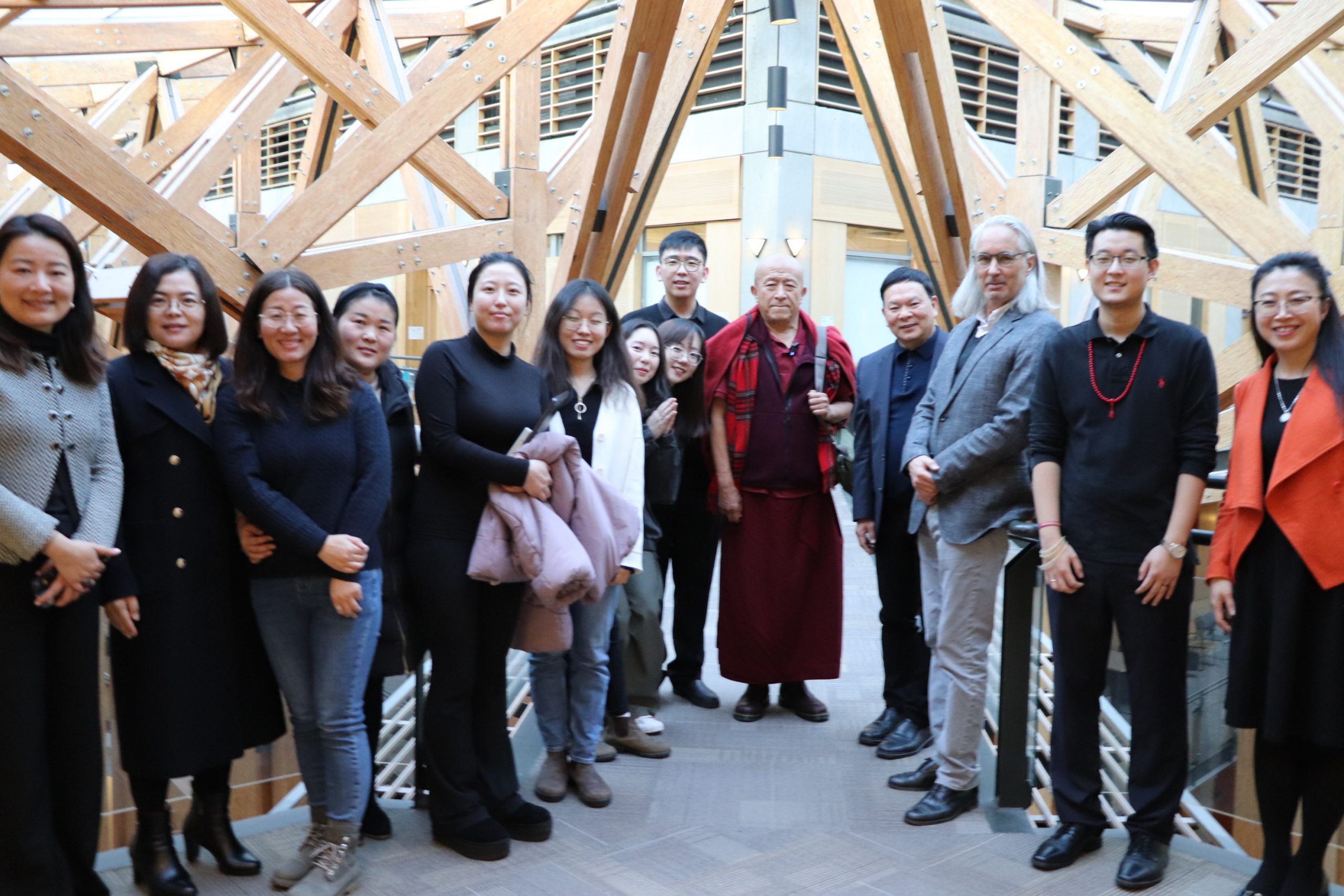
Who are We?
UBC Multidisciplinary Institute of Nature Therapy (MINT) is an international multidisciplinary collaborative innovation platform and think tank initiated by the Faculty of Forestry at the University of British Columbia. It collaborates with nearly 50 universities, research institutes worldwide, and industry leaders in wellness, hospitals, and health resorts. MINT’s primary goals are to advance the global wellness industry, explore Nature Therapy models, coordinate international resources, and foster high-quality Nature Therapy technology development.
MINT focuses on cultivating digital wellness talents, conducting research, and developing new international wellness models centered on natural therapy. Research areas include wellness industry and policy, Nature Therapy base planning, strategy and operational management, cultural tourism, smart wellness, and rehabilitation medicine. The institute features state-of-the-art indoor and outdoor forest therapy laboratories, specializing in forest medicine, base planning, medical-engineering integration, brain-machine interfaces, health monitoring, big data analytics, rehabilitation technology, and biotechnology.
MINT is dedicated to translating Nature Therapy science and technology into practical applications, contributing to the global field’s disciplinary development. It has developed proprietary systems such as the Forest Wellness Environment Assessment System, Forest Wellness Air Negative Ion Content Monitoring and Application, and Health Factor Monitoring Release System in Forest Wellness. These innovations provide consultation and technical support for forest wellness base construction worldwide.


Objectives
We aim to promote forest therapy and bridge the scientific gap between forest therapy activities and physiological and psychological impacts on human beings.
Specifically, our team has the following objectives:
- To identify the mechanism of the interaction between forest therapy and humans.
- To analyze the different impacts of forest therapy activities on humans.
- To determine the impacts of forest therapy on humans across different audience groups.
- To develop an integrated approach for different therapy methods and audience groups.
Recent News

Dzongsar Jamyang Khyentse Rinpoche visited the UBC Multidisciplinary Institute of Nature Therapy
Renowned Buddhist luminary Dzongsar Jamyang Khyentse Rinpoche graced the Multidisciplinary Institute of Nature Therapy (MINT) at the University of British Columbia with his esteemed presence today. This momentous visit was highlighted by a thought-provoking session meticulously curated by Professor Guangyu Wang. The session delved into the profound connections between Buddhist philosophy and the fundamental principles of nature therapy.

“The Science of Forest Therapy” is a Top 4 Story at UBC in 2023
According to UBC forestry professor Guangyu Wang (PhD’09), there’s a lot of science to back up the health benefits of a forested stroll. In this Q&A with Wang, who is a member of UBC’s Multidisciplinary Institute of Nature Therapy (MINT), he dives into the science of forest therapy and its mood-boosting effects as well as the work that MINT is doing both to understand, and tap into, all of its benefits.

The Science of Forest Therapy
Connecting with nature, particularly in forests, can benefit our mental and physical health. Professor of forestry Guangyu Wang (PhD’09) is a member of the Multidisciplinary Institute of Nature Therapy (MINT) at UBC. MINT aims to promote forest therapy and bridge the scientific gap between its practice and the physiological and psychological impacts on human beings.

International Conference on Forest Therapy (ICFT)
The UBC Faculty of Forestry presents a 3-day virtual event focusing on forest therapy research, its institutional context, and an overview of effective implementation. Come and discuss the future outlook of a practice that promotes mental, physical, and social wellbeing.






